Introduction to Janson Coffee Farm Jensen Manor Story Information of Rosa Coffee Manor in Panama
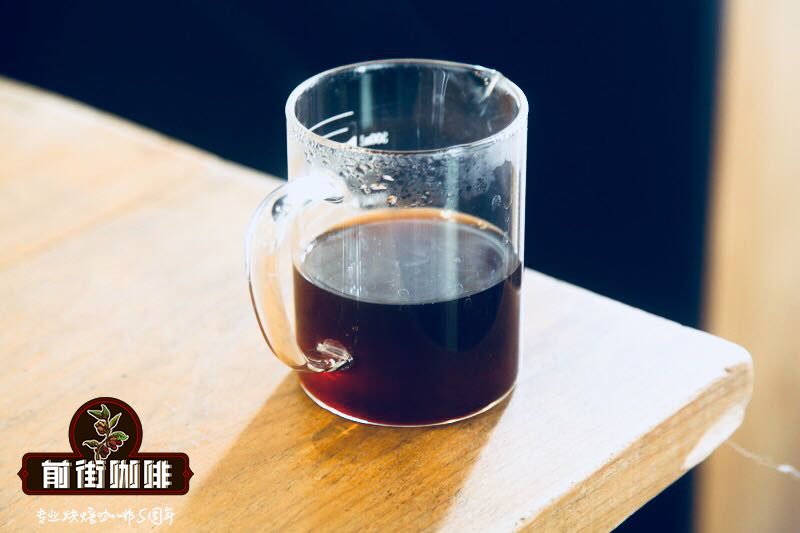
Professional coffee knowledge exchange more coffee bean information please follow the coffee workshop (Wechat official account cafe_style)
[Panamanian Jensen Manor Rose Summer]
Manor: Johnson Manor
Producing area: Walken producing area (Volcan)
Variety: Geisha Rose Summer
Treatment: insolation
Altitude: 1750m
Annual rainfall: 3000mm
Average annual temperature: 20 ℃
Soil: volcanic soil
Harvesting: manual harvesting
Flavor: delicate berry flavor, clean taste, honey, litchi flavor
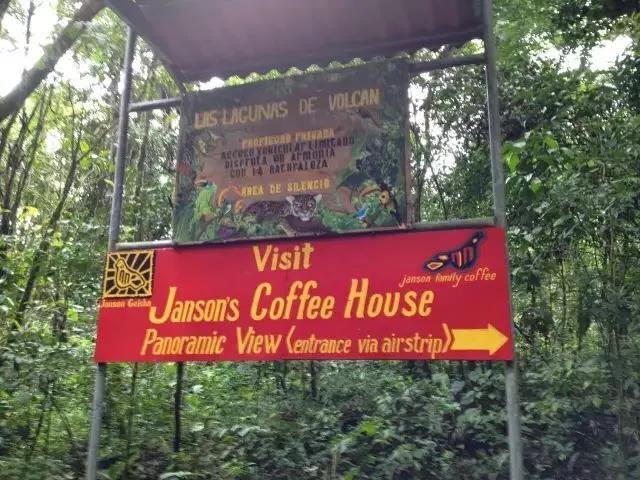
Jensen Manor about Jason Manor
In 2004, the Peterson family of Panama first introduced the rose summer variety to everyone, and since then the international community has been crazy about it, calling it the champagne of the coffee world. The 2013 Panamanian Fine Coffee Association awarded the Panamanian Coffee Awards with a new finalist-Carl Jensen's Jensen Manor Rose Summer.
"unique microclimate"
The microclimate of the Panamanian highlands is the most important resource that makes Panamanian coffee unique. The east-west environment of the Republic of Panama converges cold air over 6500 feet through the Central Mountains, creating a variety of microclimates in the Boquete and Volc á n-Candela regions, making it a major source of Panamanian coffee. These unique coffees are grown in nutritious and balanced land located in the Baru volcano region. The appropriate microclimate, soil, temperature and height of these highlands are suitable for sowing, planting and harvesting a variety of unique coffees.
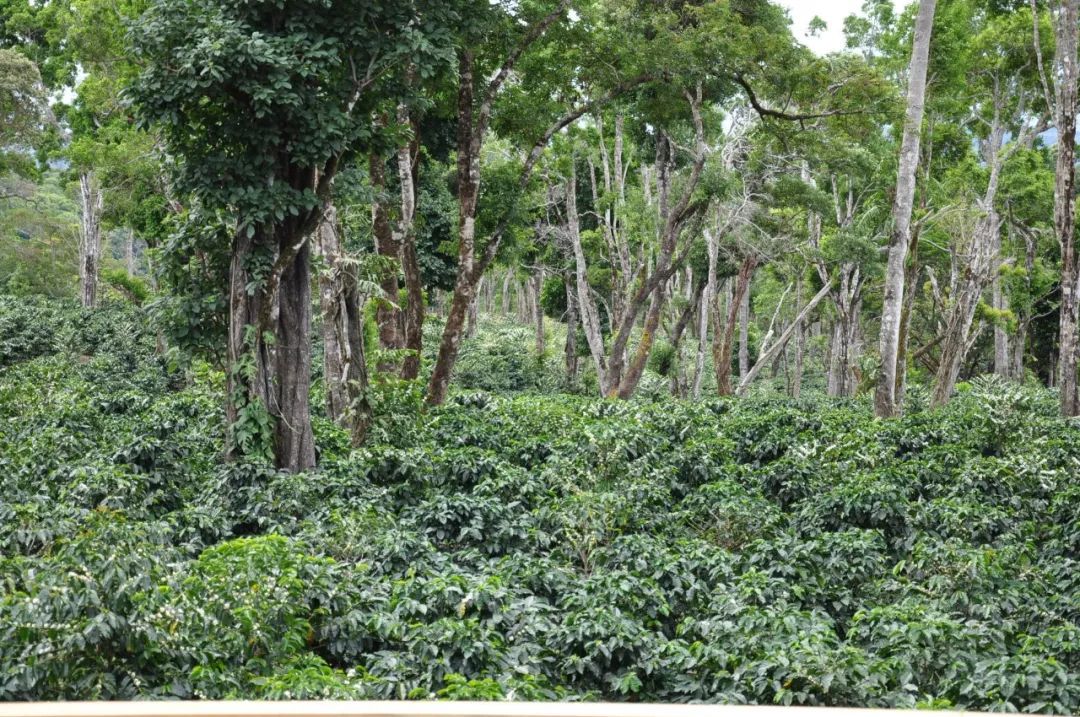
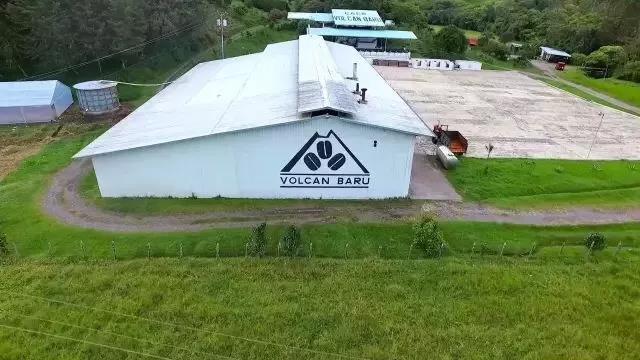
Mr. Carl Janson, the owner of the estate, was originally Swiss.
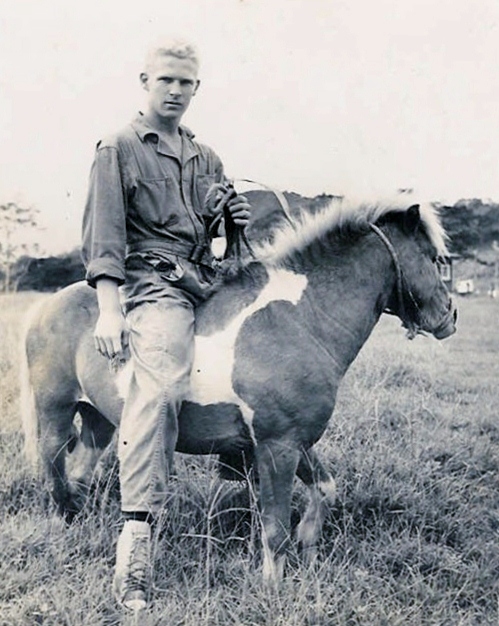
When he came to Panama, he fell in love with Volcan, a place surrounded by mountains similar to his native Switzerland. He married his wife Margaret and bought the estate in 1940. Carl Jensen, an avid rancher, was also the first person of the Angus cattle breed in Panama.
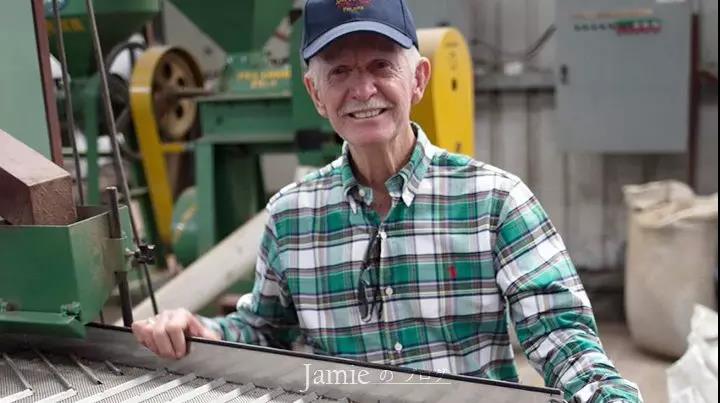
Jensen Manor Rose Summer
| Rose summer, also known as geisha
The pronunciation of Geisha is the same as Japanese geisha, so it is also called geisha coffee. Because the tree species are taller than ordinary coffee trees, they are originally planted in a small area of the manor and are used as windbreaks.
| | Rose summer, is a variety |
The species of Geisha was first discovered in the rose forests of Ethiopia in 1931 and later sent to the Coffee Institute in Kenya. Introduced to Uganda and Tanzania in 1936 and introduced to Costa Rica in 1953.
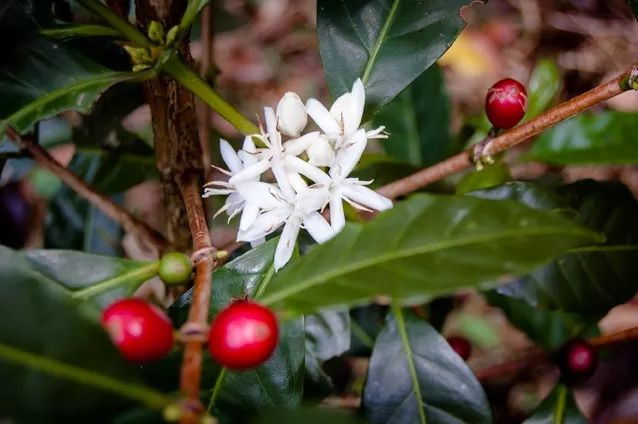
Not many people have paid attention to Rose Summer all the time. Until one day, Don Pachi was originally brought to Costa Rica from GESHA, a small town in southwestern Ethiopia, and then Rosa entered Panama along the southern route. Panama's Jade Manor separated it from other varieties and won the national coffee competition, so Rose Summer officially entered everyone's attention.
Rosa coffee is particularly picky about the growing environment, requiring high altitude, cloud shade, fertile soil and enough accumulated temperature.
There is a new finalist for the Best Panamanian Coffee Award awarded by the Panama Fine Coffee Association (SCAP) in 2013. It's Carl Jensen's Jensen Village horticultural geisha! Also known as "the champagne of the coffee world". Full of jasmine and delicate berry flavor, taste clean, honey, litchi flavor.

Rose is full of sweetness and cleanliness on the palate, with rich aromas ranging from berry and citrus to mango, papaya and peach. A very obvious lemon (bergamot) general aftertaste is also a typical cup test attribute. So far, Rose Summer has been the champion of coffee varieties.
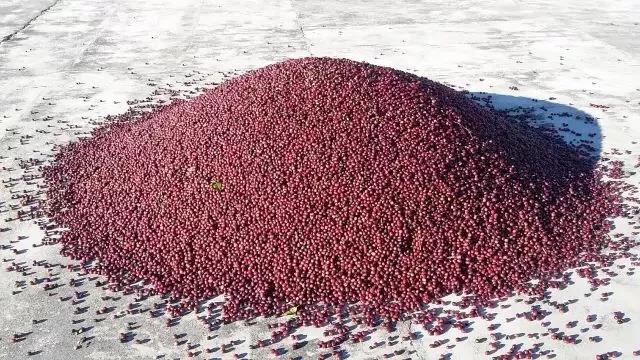
Jensen Rose Summer is rarely heard of in China, because Jason Manor is mainly for domestic sales and does not export.
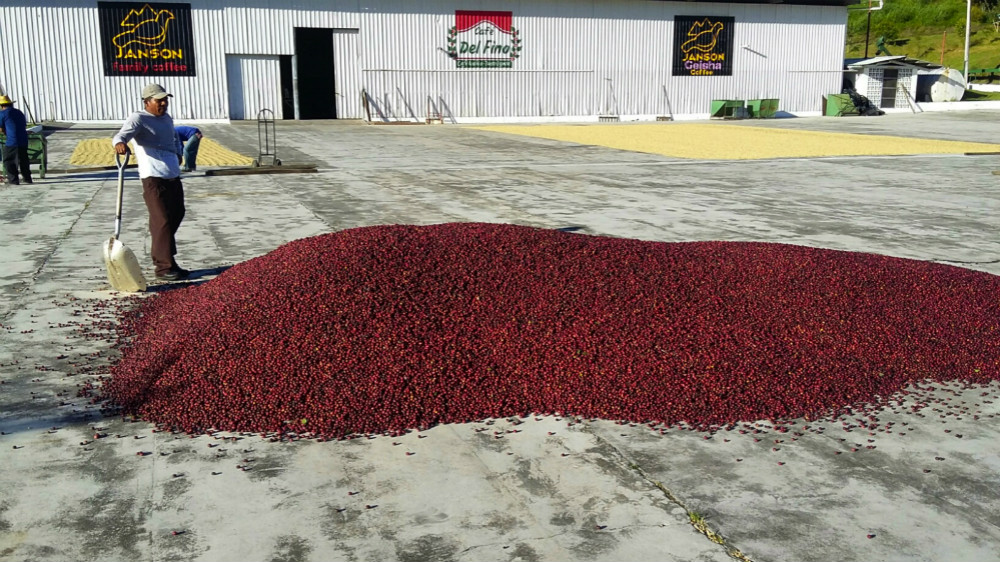
At this high altitude, nutrient-rich volcanic soil, abundant rainfall and suitable temperature.

Jensen Estate has grown to be the second largest estate in Panama in terms of summer production, and 50% of the estate's coffee trees are rose varieties.
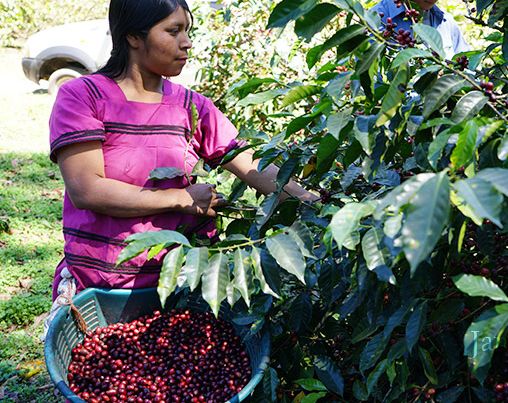
The coffee beans picked are called "cow blood red coffee cherries" with high sweetness.
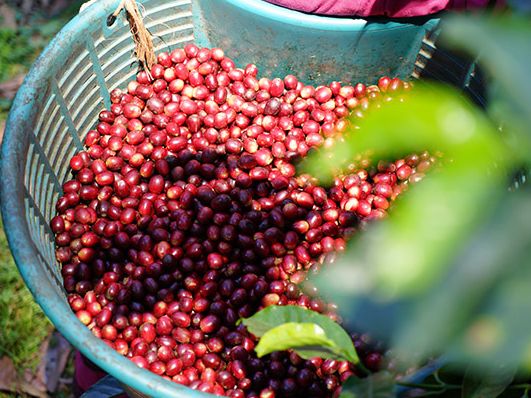
In order to maintain the balance of the natural environment, Jensen Manor operates both animal husbandry and coffee cultivation, and its family has co-operated the estate for three generations. Today, Carl's four sons run the farm: Carly, Michael, Ricky and Peter. Cale is in charge of the JANSON FAMILY coffee roasting facility and Michael runs part of the coffee farmer. Overall management with the help of Ricky and Peter.

With an average elevation of about 1700 meters, the manor is covered with nutrient-rich volcanic soil with abundant rainfall and suitable temperature. The operators of the Jensen family follow the principle of environmentally friendly management, adopt 100% sustainable planting, and specially build treatment plants to treat coffee cherries and use them as farm fertilizer.
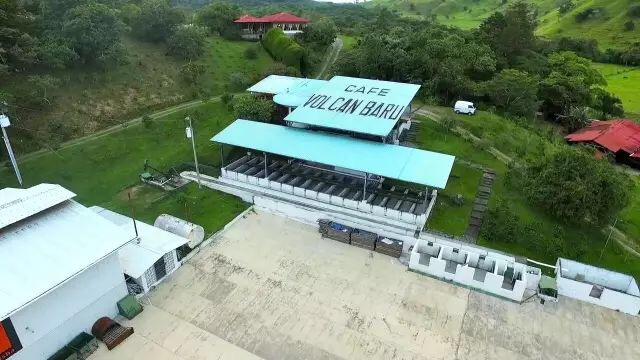
Only 2000 rose summer plants are planted per hectare to ensure adequate soil between the plants; half of the estate is planted with rose summer, ranking second in the yield of Panama rose summer, and each batch of raw beans has a highly identifiable batch number that can be traced back to 100%.
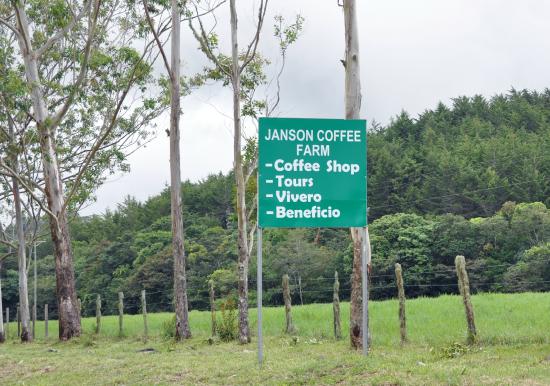
This manor not only has its own processing plant to deal with its coffee cherries, but also makes great efforts in baking in order to improve the reference of cup test results.
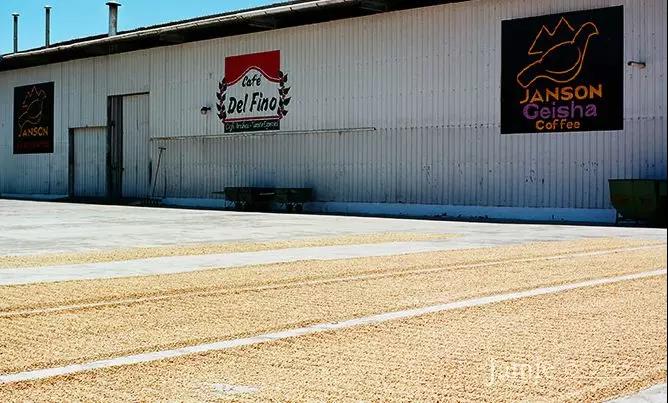
These efforts have improved the quality of the coffee beans of Jensen Manor, which made it the runner-up in the BOP competition.
In recent years, coffee from Volcan has gradually emerged in the boutique market. At the same time, a considerable number of estates have entered the Best Panama Competition (Best of Panama) or even won the championship. Generally speaking, the average annual rainfall in Walken is less than that in Poquette. At the same time, the geographical environment to the west of the Baru volcano also makes coffee more dry, sweet and fragrant than the Boguet region. In the early days, most of the cash crops such as fruits and vegetables were grown in Walken, and only a few farmers made coffee again, among which the pioneer of coffee planting in Walken belonged to the Hartman family, the Jensen family, which was well-known in Panama.
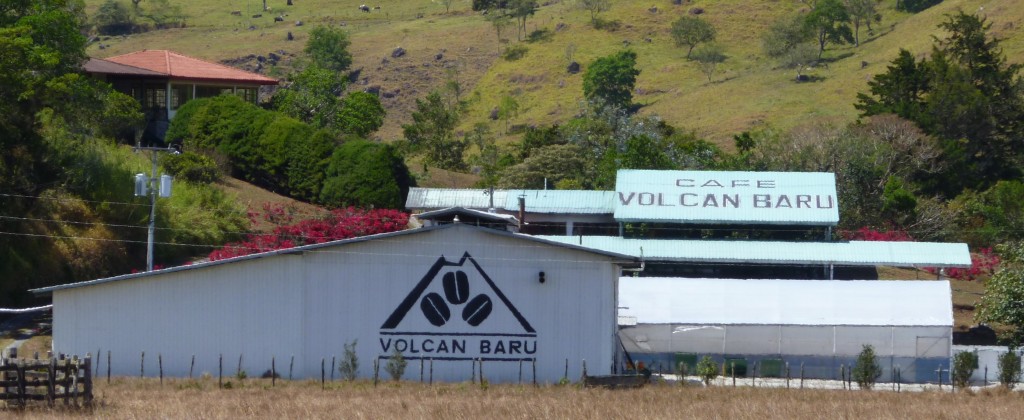
Raw bean analysis
Rosa coffee raw beans have a very beautiful blue-green color, while Rosa coffee beans are slender and pointed at both ends.
The warm and moist texture of jade, which smells of fresh grass, peach, berry and the unique milky sweetness of oolong tea that most coffee beans do not have, seems to need to be associated with aroma and taste. but the faint smell of tea is something we can obviously feel.
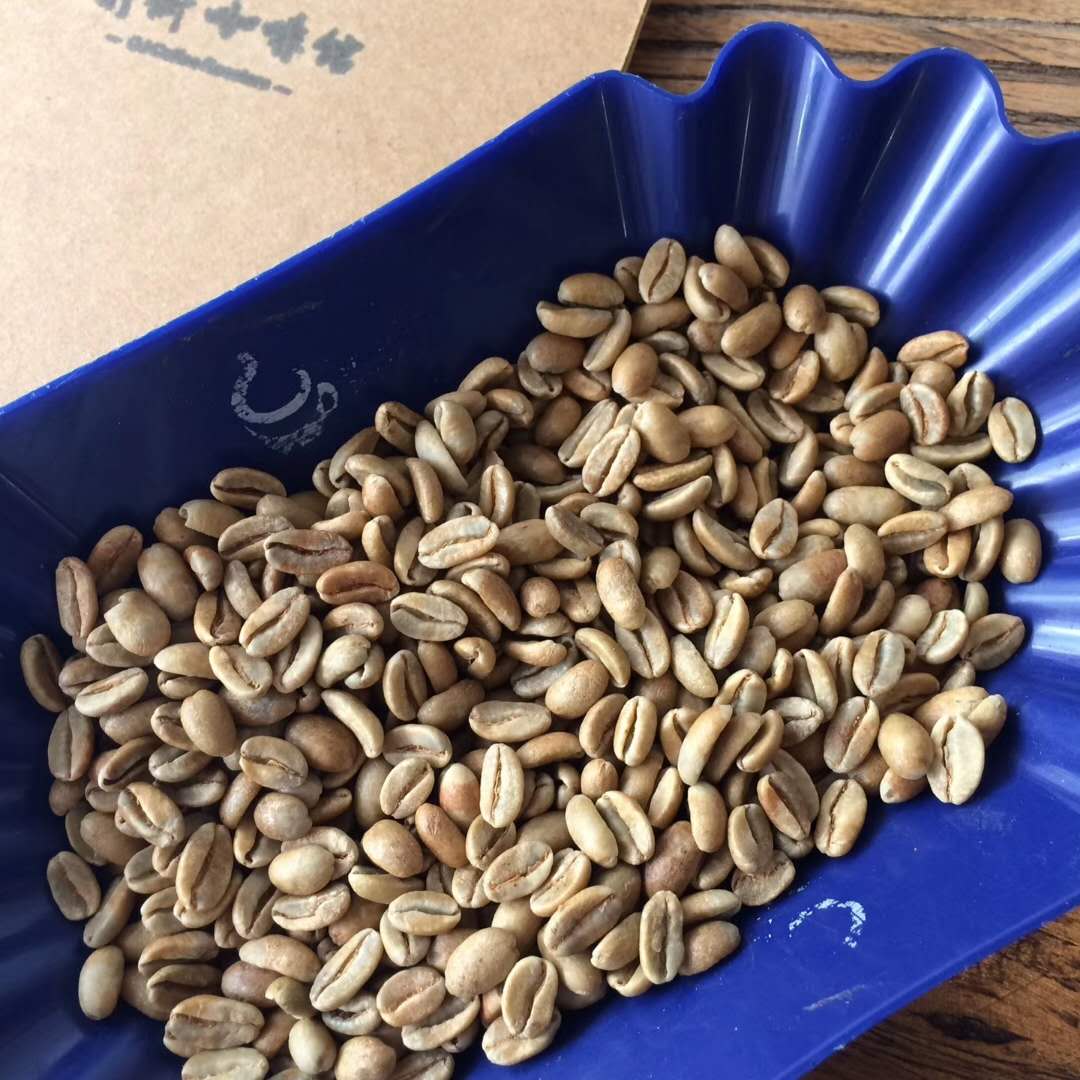
Baking analysis
This coffee has larger particles, higher density, larger heat absorption during baking and faster Mena reaction. In the first batch of roasting, I put the beans at a higher temperature of 200 degrees and constantly exert firepower before the coffee beans are dehydrated and yellowed to ensure that there are enough calories to last until the end of the baking.
Finally, the temperature of the bean is 200 degrees, and the firepower is relatively small, and the firepower is gradually increased according to the need in the baking process. Under this method, the dehydration time of coffee is longer than that of the first batch, and the heating rate is 6-8 degrees every 30 seconds.
| | Rose summer, baking |
In order to highlight the characteristics and aroma of this bean, use shallow baking, so that the baking degree can show the characteristics of the bean itself, and if it is too deep, it will lose the aroma of flowers and fruit acid. of course, this should be adjusted according to the characteristics of coffee beans and the roaster's understanding of the beans themselves.
In the baking stage, a smaller initial firepower of 140 degrees and a slower baking rhythm are used to express the multi-level flavor of this coffee.

Roaster Yangjia 600g semi-direct fire
The furnace temperature is 200 degrees Celsius, the fire power is adjusted to 160C after opening the throttle for 30 seconds, the throttle is adjusted to 3, the temperature recovery point is 132oC, and the furnace temperature is adjusted once at 153.3 degrees Celsius. At this time, the bean surface turns yellow, the smell of grass disappears completely, the dehydration is completed, the firepower is adjusted to 140C, and the throttle is adjusted to 4.
At 9'00, ugly wrinkles and black markings appear on the bean surface, and the smell of toast obviously changes to the smell of coffee, which can be defined as a prelude to an explosion. At this time, listen carefully to the sound of the explosion point, to 9: 47 "start to explode, adjust the firepower to 50 degrees, the throttle should be fully opened 5 (the firepower should be very careful, not so small as to be free of bursting sound), develop 2: 40" after an explosion, 197.1 degrees into the pot.
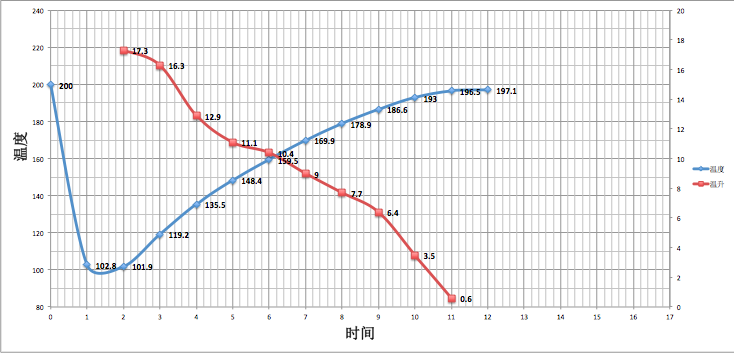
Cup test result
Flavors: Maple syrup, lemon and citrus, apple, rose, dark chocolate, pomegranate, ripe grapes, peaches and dark berries
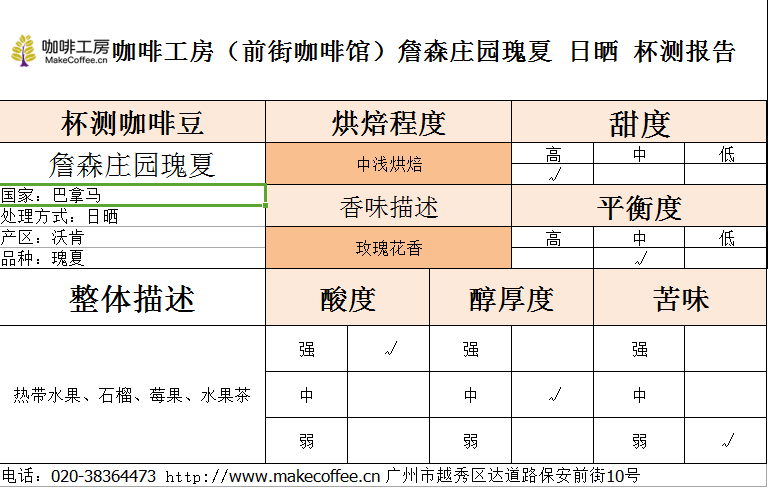
Recommended cooking method: hand flushing
Degree of grinding: 3.5 (Fuji R440, Japan)
Water temperature: 91 °C

Cake cup, 15g powder, water temperature 91 degrees, grinding 3.5.The ratio of water to powder is close to 1:15
Steaming in 30 grams of water for 30 seconds

The hot water in the hand flushing pot draws a circle clockwise with the center of the filter cup in the middle of the filter cup, starts the time when brewing, injects water to 30g, then stops the injection, waits for 35 seconds, and carries on the second injection.

The second time of water injection is the same as before, draw a circle clockwise with the center of the filter cup, the water flow should not rush to the place where the coffee powder is connected with the filter paper, so as to avoid the channel effect, the cake cup belongs to the immersion type, so 91 degrees water injection can give full play to the flavor of Rose Summer.
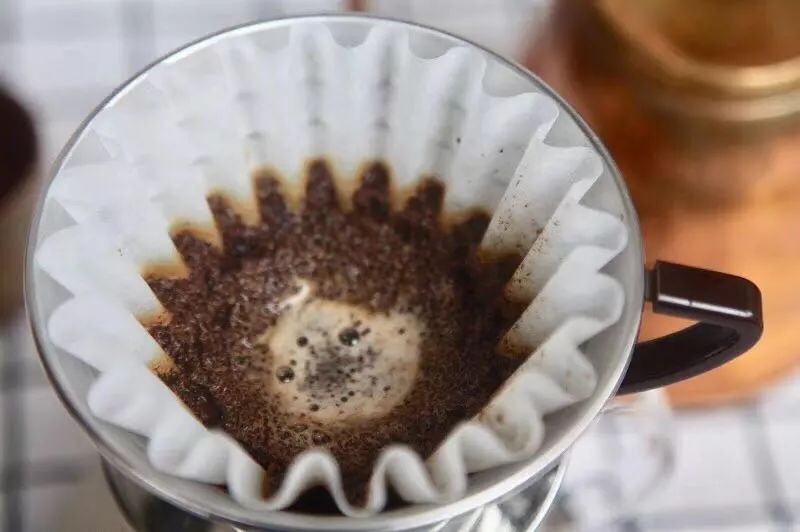
Segment: water injection to 120ml cut off, slow water injection to 225ml
That is, 30-120-95
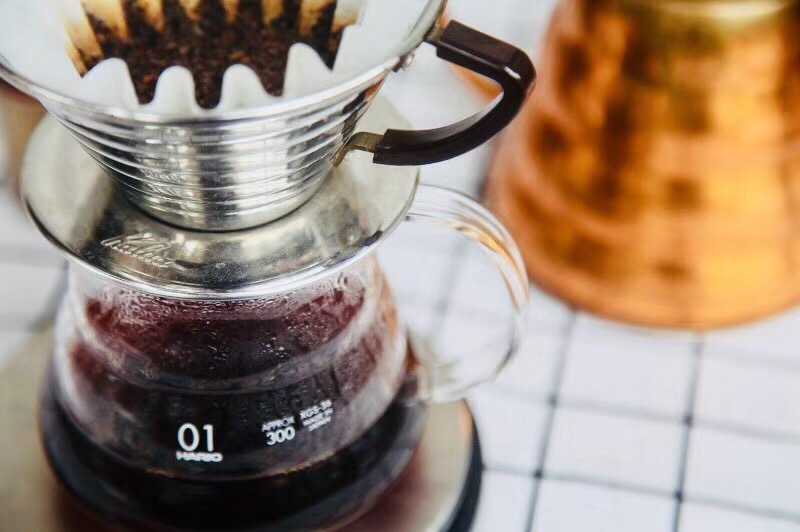
grinder dosers
aggressiveness number
powder quantity
filter bowl
Kofuji
3.5
15g
cupcakes
water temperature
steam
Second stage water volume
Third stage water
Total time 2:15
91-92 degrees
30g water 30s
100g 1:30
95g
Total water: 225
| Rose summer flavor unique
Rose summer is special because it has a very clear and definite floral and citrus flavor, very high cleanliness, soft and elegant acid, long lasting cotton soft sweet feeling, high tea taste.
Among the many coffees, the aroma of flowers and the intense sweetness of tropical fruits, the unique fragrance of flowers and fruits is a consistent characteristic of Geisha.
Sweetness: † † † †

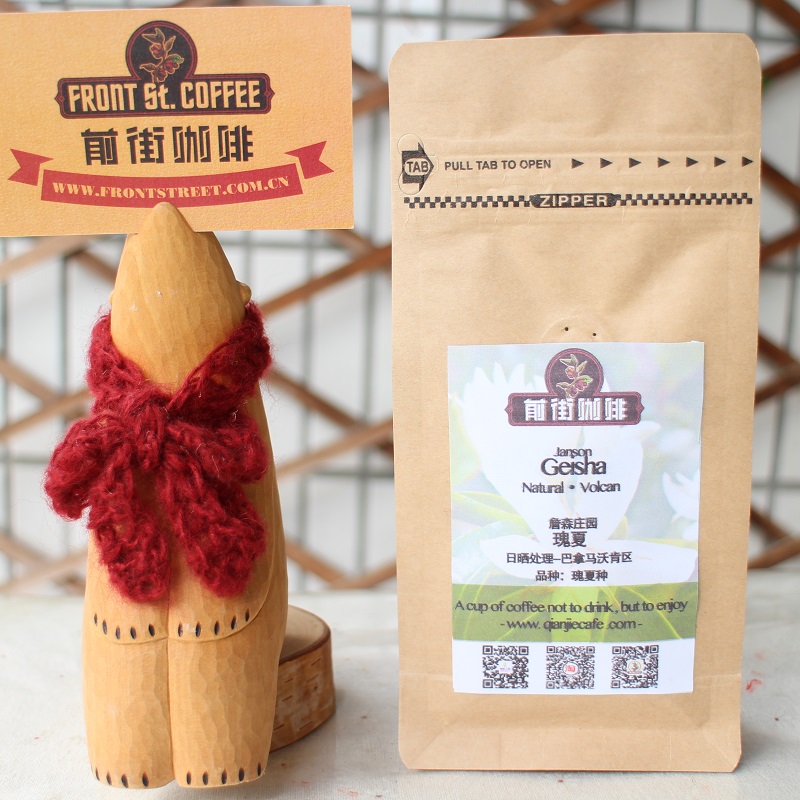
Purchase link: https://item.taobao.com/item.htm?spm=a1z10.5-c-s.w4002-15673140460.41.54766805KER8Sg&id=549191402890
Important Notice :
前街咖啡 FrontStreet Coffee has moved to new addredd:
FrontStreet Coffee Address: 315,Donghua East Road,GuangZhou
Tel:020 38364473
- Prev
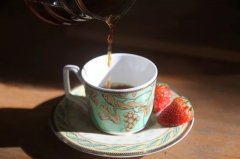
Panamanian Rose Summer Coffee Father Finca Don Pachi Tang Page Manor Historical Story Information material
Professional coffee knowledge exchange more coffee bean information please follow the coffee workshop (Wechat official account cafe_style) 1963 Panama Coffee Manor-Don Page Manor (Finca Don Pachi) first generation founder Mr. Francisco Serracin brought the geisha (Geisha) breed from Costa Rica and began to grow coffee in the Poquet producing area (Boquete), old owner Pa
- Next
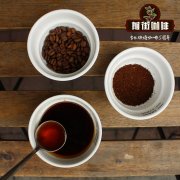
The highest elevation Manor in Panama-Elida Estate Alida Manor, the double champion of BOP Competition in 2018
Professional coffee knowledge exchange more coffee bean information please follow the coffee workshop (Wechat official account cafe_style) Panamanian Coffee Manor-Alida Manor B.O.P victorious army, of course, this year also entered the B.O.P, and won a number of places, last year even won the B.O.P championship, setting an unsurpassed 94.15 points. Wilford Lamastus world's most sacred coffee contest B.
Related
- Does Rose Summer choose Blue, Green or Red? Detailed explanation of Rose Summer Coffee plots and Classification in Panamanian Jade Manor
- What is the difference between the origin, producing area, processing plant, cooperative and manor of coffee beans?
- How fine does the espresso powder fit? how to grind the espresso?
- Sca coffee roasting degree color card coffee roasting degree 8 roasting color values what do you mean?
- The practice of lattes: how to make lattes at home
- Introduction to Indonesian Fine Coffee beans-- Java Coffee producing area of Indonesian Arabica Coffee
- How much will the flavor of light and medium roasted rose summer be expressed? What baking level is rose summer suitable for?
- Introduction to the characteristics of washing, sun-drying or wet-planing coffee commonly used in Mantenin, Indonesia
- Price characteristics of Arabica Coffee Bean Starbucks introduction to Manning Coffee Bean Taste producing area Variety Manor
- What is the authentic Yega flavor? What are the flavor characteristics of the really excellent Yejasuffi coffee beans?

